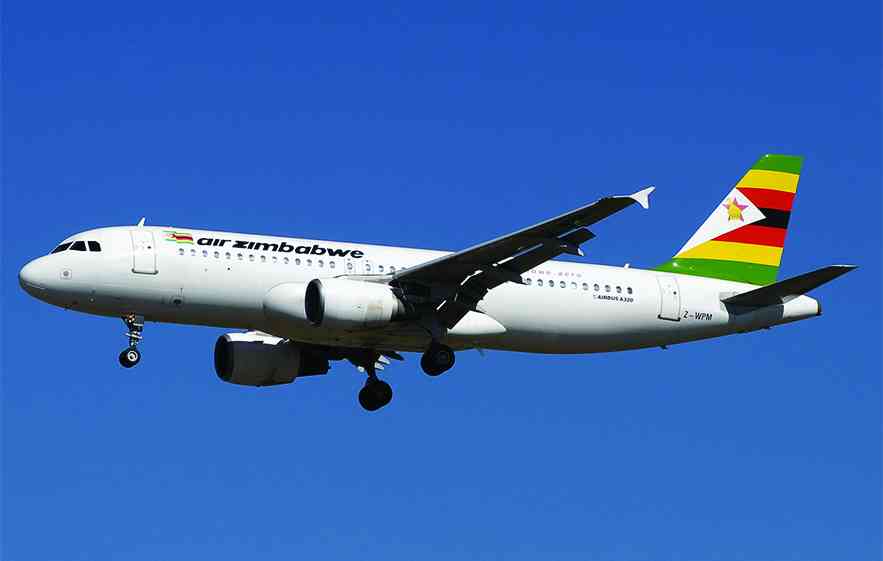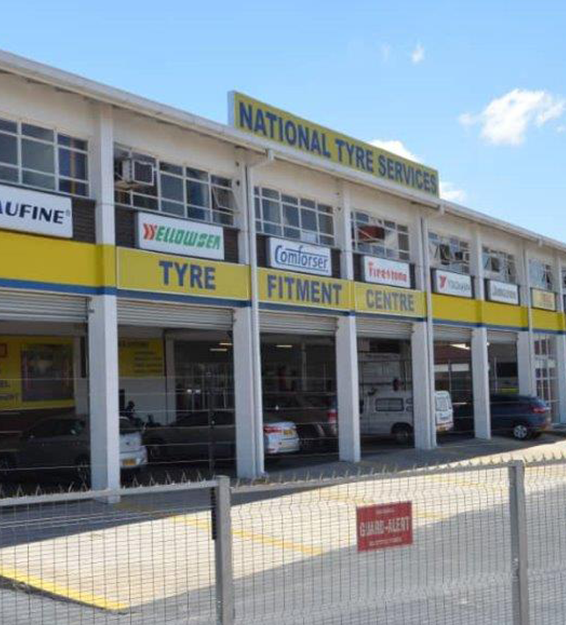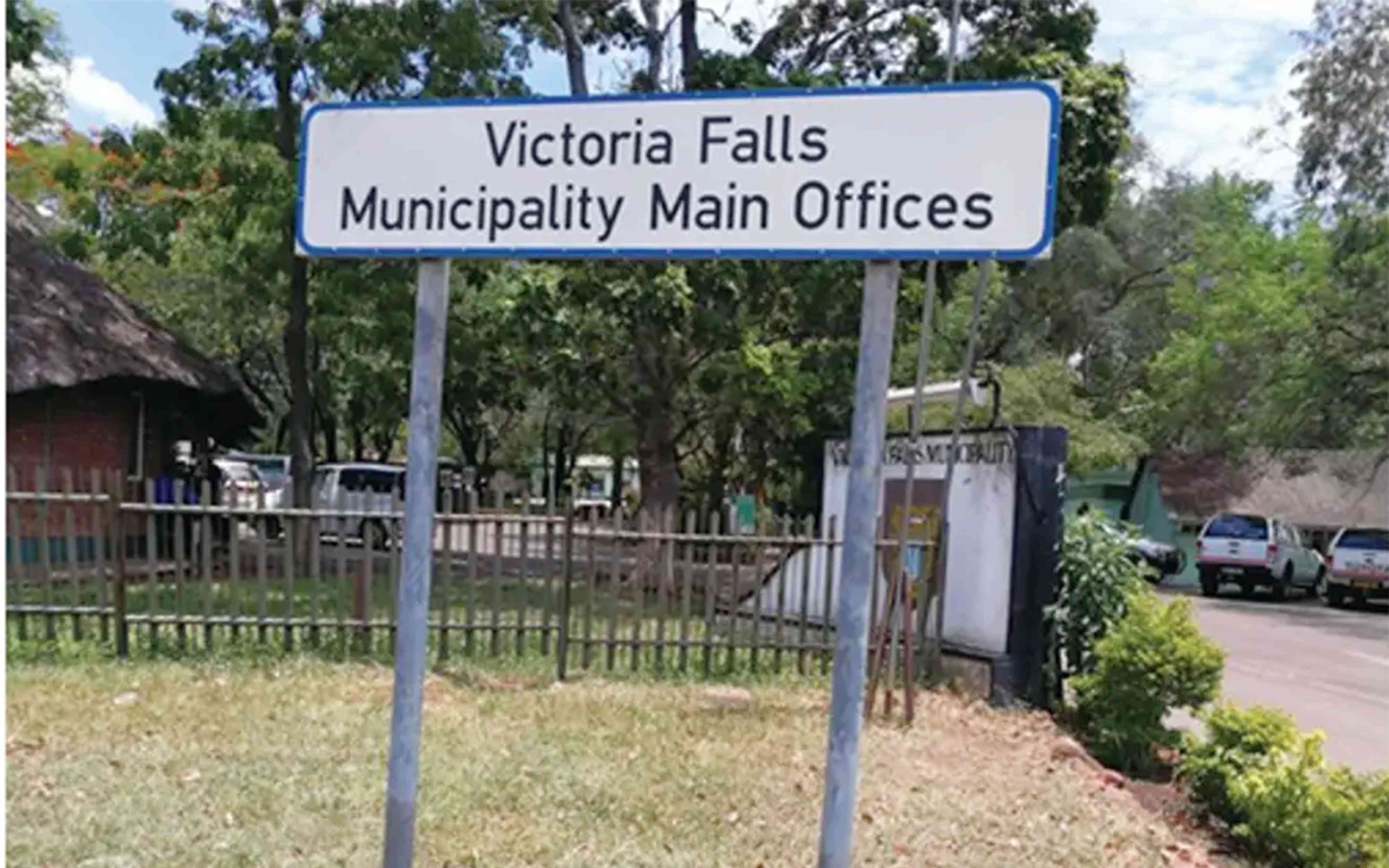
THE Mutapa Investment Fund (MIF) said this week it will take decisive steps to address the issue of legacy debts burdening Air Zimbabwe (AirZim) and other state-owned enterprises under its control.
The national airline has been hampered by heavy debts on its books for many years, stifling its operations.
MIF chief executive John Mangudya said the fund would engage the government to assume these legacy debts, thereby easing the financial strain on the affected businesses.
“If you look at the private sector, their debts were assumed by the government,” Mangudya said.
“The foreign debts were assumed by the government. It is there in the government debt (report). But you don’t find one for NetOne?
“So, what does it mean? It means that we need to motivate from our side as Mutapa, to the government, that what we have done for the likes of Telecel, should also be extended to NetOne, so that we level the playing field, so that they would not be burdened by the legacy debt.
“It is the same with AirZim. We are working on those areas,” he said.
Mangudya said resolving these debts was crucial for the viability of State-owned enterprises.
He noted that MIF is working with the government to find sustainable solutions.
In addition to tackling the debt issue, Mangudya stated that MIF is exploring potential partnerships to enable these companies to operate at full capacity.
“Air Zimbabwe is another one. We need to fly and we need to increase the frequency of travel between Harare and Johannesburg, Harare and Windhoek and also to improve the frequency of flights in Zimbabwe,” he said.
“So what we are following there is very simple. We don't believe that we are going to own everything.
“We are also going for partnerships. And then we either lease or do some concessions. But obviously we need now to have partnership agreements.
“These firms are being consumed by legacy debts and are also being impacted by exchange rate movement. So when the exchange rate moves, those exchange rate losses affect the bottom line of these companies.”










